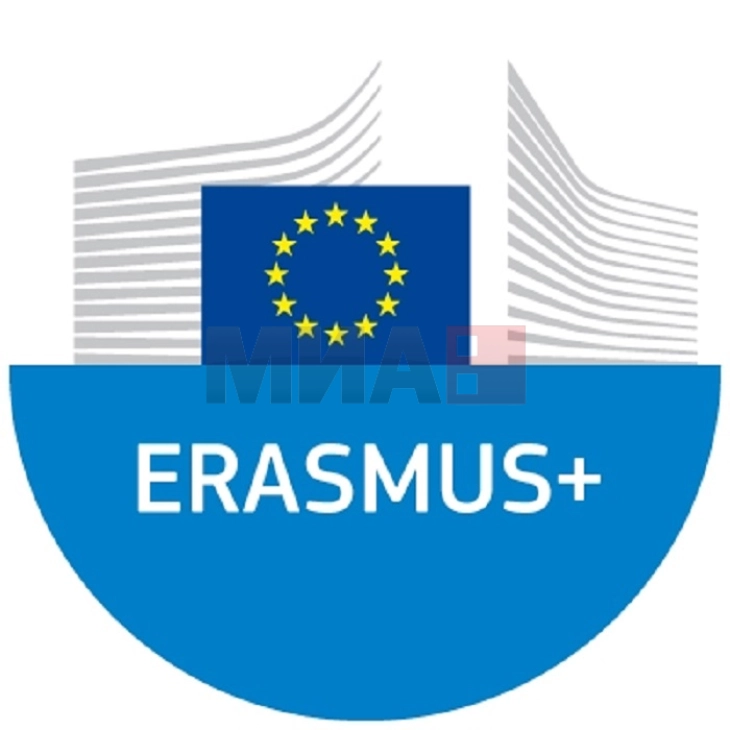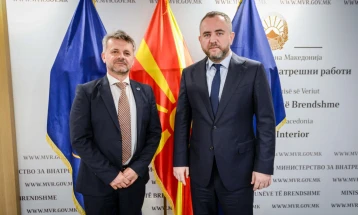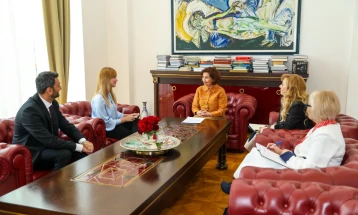EUR 4.3 billion under Erasmus+ to support mobility and cooperation in education, training, youth and sport in 2024
- The European Commission has launched the 2024 call for proposals under Erasmus+, the EU's programme to support education, training, youth and sport in Europe. With a budget of €4.3 billion for next year, Erasmus+ will continue to support transnational experiences of school pupils, students in higher education and vocational education and training. The programme also offers opportunities to adult learners, educators and staff, and young people in non-formal learning programmes.

Brussels, 29 November 2023 (European Commission/MIA) - The European Commission has launched the 2024 call for proposals under Erasmus+, the EU's programme to support education, training, youth and sport in Europe. With a budget of €4.3 billion for next year, Erasmus+ will continue to support transnational experiences of school pupils, students in higher education and vocational education and training. The programme also offers opportunities to adult learners, educators and staff, and young people in non-formal learning programmes.
To alleviate the effect of inflation on participants learning abroad and allow a wide participation, the programme will raise mobility grant levels. Following the same approach as for the 2023 call, the grant amounts for individual support for those learning abroad will be adjusted by 5.9% for most of the mobility actions in the 2024 call. On top of this increase, a first adjustment of 12.27% was made in 2023.
In 2024, the programme will offer stronger incentives for sustainable travel. It will be presented as of 2024 as the default option, with participants from remote areas, islands or places with insufficient rail networks getting adequate compensation for using those sustainable modes of travel. For the first time, travel contributions will also be offered for intra-European higher education mobility. This will ensure more uniform funding rules across all sectors.
Cooperation activities under Erasmus+ will continue to bring people and organisations together to work on the programme's four overarching key priorities: inclusion, active citizenship and democratic participation, green and digital transitions.
These can range from supporting small-scale projects at local level to transnational initiatives such as the European Universities, dedicated to transnational alliances of universities, the Centres for Vocational Excellence, and the Erasmus+ Teacher Academies. These initiatives are playing a leading role in the green and digital transitions of education and training systems.
Erasmus+ will continue to stand with Ukraine, through projects that can, for instance, encourage incoming learning mobility, empower people fleeing the country with new skills, help to fighting against disinformation, or promote the integration of refugees into a new educational system.
Erasmus+ will also continue its key role in promoting common EU values. All programme beneficiaries and the activities they implement will comply and promote the values of human dignity and rights, freedom, democracy, equality, and the rule of law.
Under this Erasmus+ call for project applications, any public or private body active in the fields of education, training, youth and sport can apply for funding either via Erasmus+ National Agencies (in all EU Member States and countries associated to the programme) or the European Education and Culture Executive Agency (EACEA).
The total budget available for Erasmus+ from 2021 to 2027 amounts to €26.2 billion, complemented with some €2.2 billion from EU's external instruments. The Erasmus+ programme has benefited over 14 million people since 1987, through participation in various education, training, and youth mobility activities. The programme is continuously expanding its reach to involve more citizens.
Photo: Facebook







